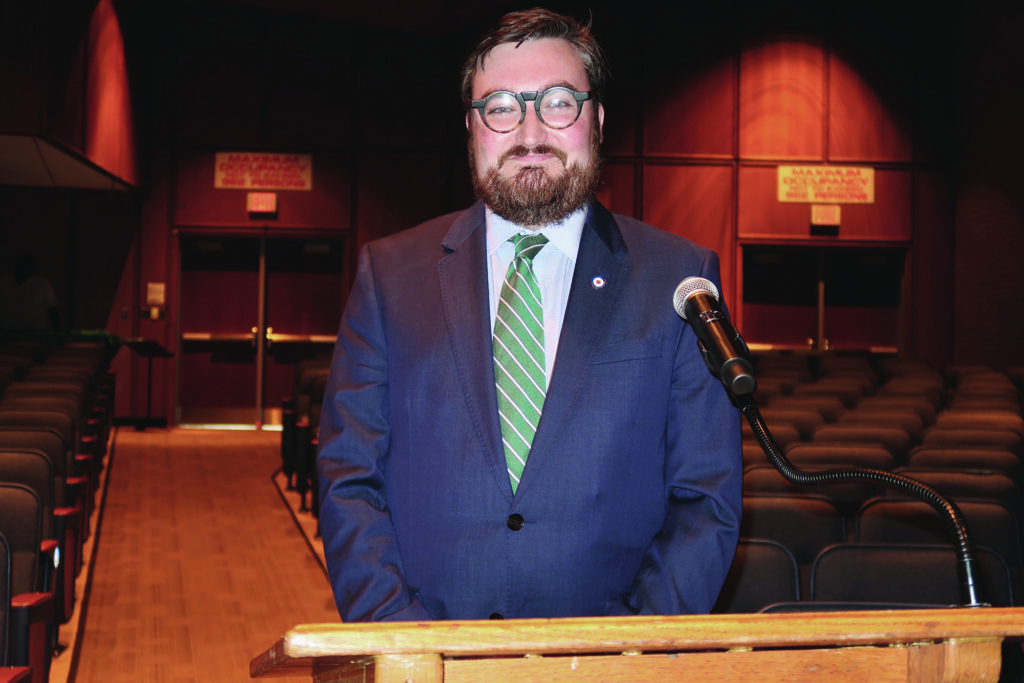‘Milestone’ moment as FDA formally approves Pfizer COVID-19 vaccine

In a “milestone” moment in the ongoing pandemic, the Food and Drug Administration on Monday formally approved the first COVID-19 vaccine.
The approval was specifically for the Pfizer-BioNTech vaccine that was first released last December and had been available under emergency use authorization.
“The FDA’s approval of this vaccine is a milestone as we continue to battle the COVID-19 pandemic,” said acting FDA Commissioner Janet Woodcock, M.D. “While this and other vaccines have met the FDA’s rigorous, scientific standards for emergency use authorization, as the first FDA-approved COVID-19 vaccine, the public can be very confident that this vaccine meets the high standards for safety, effectiveness, and manufacturing quality the FDA requires of an approved product.”
FDA approval of the COVID-19 vaccine had been a flashpoint in the ongoing debate between vaccine-hesitant individuals and the scientific community urging people to protect themselves. Any vaccine mandates, such as for health care workers in New York that is set to begin next month, are dependent on the FDA granting the full approval.
“While millions of people have already safely received COVID-19 vaccines, we recognize that for some, the FDA approval of a vaccine may now instill additional confidence to get vaccinated,” Dr. Woodock said. “Today’s milestone puts us one step closer to altering the course of this pandemic in the U.S.”
See also: Stony Brook experts dispel myths about vaccines
The Pfizer vaccine will now be marketed as Comirnaty for the prevention of COVID-19 disease in individuals 16 or older. The vaccine continues to be available under the emergency use for children ages 12 to 15, as well as for the third booster shoots in certain immunocompromised individuals.
The vaccine works by containing a kind of genetic material known as messenger RNA (mRNA) that is used by the body to make a mimic of one of the proteins in the virus that causes COVID-19, according to the FDA. That allows a person’s immune system to react defensively if it encounters the virus. The mRNA is only present in the body for a short time and does not alter an individual’s genetic material.
The vaccine is still administered as a series of two doses, three weeks apart and has been proven to reduce a person’s risk of serious illness or death.
“We have not lost sight that the COVID-19 public health crisis continues in the U.S. and that the public is counting on safe and effective vaccines,” said Peter Marks, M.D., the director of FDA’s Center for Biologics Evaluation and Research. “The public and medical community can be confident that although we approved this vaccine expeditiously, it was fully in keeping with our existing high standards for vaccines in the U.S.”
To grant approval, the FDA analyzed effectiveness data from approximately 22,000 vaccine and 22,000 placebo recipients ages 16 and older who did not have evidence of the COVID-19 virus infection within a week of receiving the second dose. A clinical trial found the vaccine to be 91% effective in preventing COVID-19.
The most common side effects reported by members of the clinical trial were pain, redness and swelling at the injection site, along with fatigue, headache, muscle or joint pain, chills and fever.
“The vaccine is effective in preventing COVID-19 and potentially serious outcomes including hospitalization and death,” the FDA said.
An approval process for the Moderna vaccine is still underway, and Johnson & Johnson is expected to apply soon for full approval of its vaccine, the New York Times reported.
About 59% of New York and Suffolk County residents have completed the vaccine series, which is above the national figure of 51.5%. Nearly 171 million Americans are now fully inoculated.
The FDA approval comes at a time when cases continue to climb locally. The Suffolk County positivity rate stands at 4.3% on a seven-day average. There are 175 people hospitalized in Suffolk.








